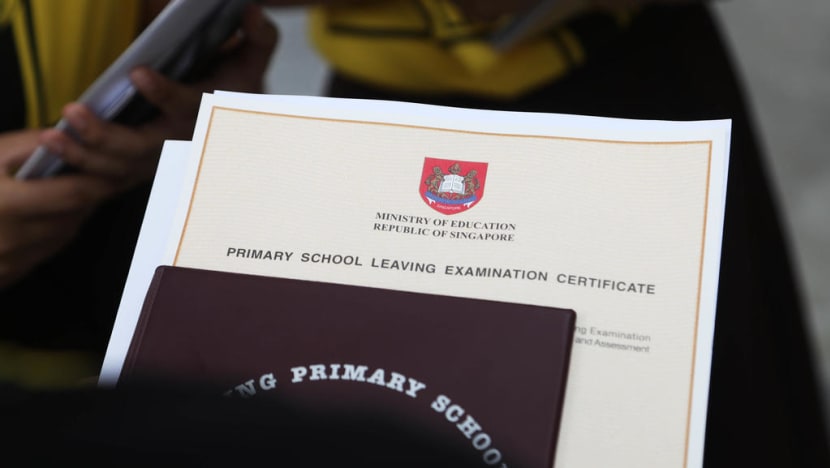Hong Kong fire: What we know so far
The article describes a devastating fire that occurred in a Hong Kong high-rise residential complex, resulting in at least 94 fatalities and hundreds missing. The fire spread rapidly, fueled by strong winds and the presence of bamboo scaffolding and green netting on the building. Volunteers have been mobilized to provide aid and support to those affected by the tragedy.
A devastating fire tore through a Hong Kong high-rise residential complex, killing dozens and leaving hundreds missing.
A fire in Hong Kong has killed at least 128 and left about 200 unaccounted for, making it the city's deadliest fire in seven decades. The casualties include a firefighter.
Rescue efforts at the residential development have wrapped up, said Hong Kong Security Chief Chris Tang on Nov 28.
The fire, which had been raging for over 24 hours through the Wang Fuk Court housing complex in the northern district of Tai Po, was mostly contained by firefighters by the early hours of Nov 28.
Here's what we know so far.
Each floor has eight units, all arranged around a common area that includes stairs and three lifts.
The exact cause is unknown, but the fire appears to have started around the external scaffolding of Wang Cheong House.
The flames then spread inside the building and, fanned by strong winds, engulfed several neighbouring blocks.
All eight residential blocks within the estate had been undergoing renovations since July 2024, and were covered in bamboo scaffolding and a green netting.
Sources: Hong Kong Buildings Department, Reuters reporting
While the government has pushed to phase out bamboo scaffolding for construction in favour of metal ones and clamps, there are still around 2,500 registered bamboo scaffolders in the city.
In March, the government said half of public construction works must now use metal scaffolding to improve worker safety.
In 2025 alone, there have been at least two other fires involving bamboo scaffolding, according to the Association for the Rights of Industrial Accident Victims in Hong Kong.
Pictures show that while much of the bamboo scaffolding remains intact, the green netting was mostly destroyed.
Source: REUTERS
However, this latest fire could be attributed to other factors, such as the material used on top of the bamboo scaffolding.
At the scene of the Wang Fuk Court inferno, exterior netting and plastic sheets on the scaffolding that "burned far more intensely and spread much faster than permitted materials" were discovered, Security Secretary Chris Tang said.
Boards of styrofoam were also found plastered to window frames in some units within the estate, he said.
He called the situation "unusual".

Volunteers gather to help affected residents, temporary shelters set up
Hong Kongers are trying to locate the hundreds of people who remain missing after the fire broke out. They have set up many groups through online channels and social media platforms, including Facebook, Telegram and WhatsApp.
An online spreadsheet, now converted into a web app, has been created for people to mark themselves as safe. Another allows people to indicate what help or supplies they may need and where.
The next of kin of missing persons can also get updates through this web app.
Scores of volunteers have been giving out bananas and energy drinks to the firefighters at the scene. They have also mobilised in groups to donate and distribute warm clothing, portable chargers, appliances, hot water bottles and food to those affected by the blaze.
The authorities have set up at least 10 temporary shelters across Tai Po district to house those who have been evacuated from their homes. More will be opened as needed, they said.
